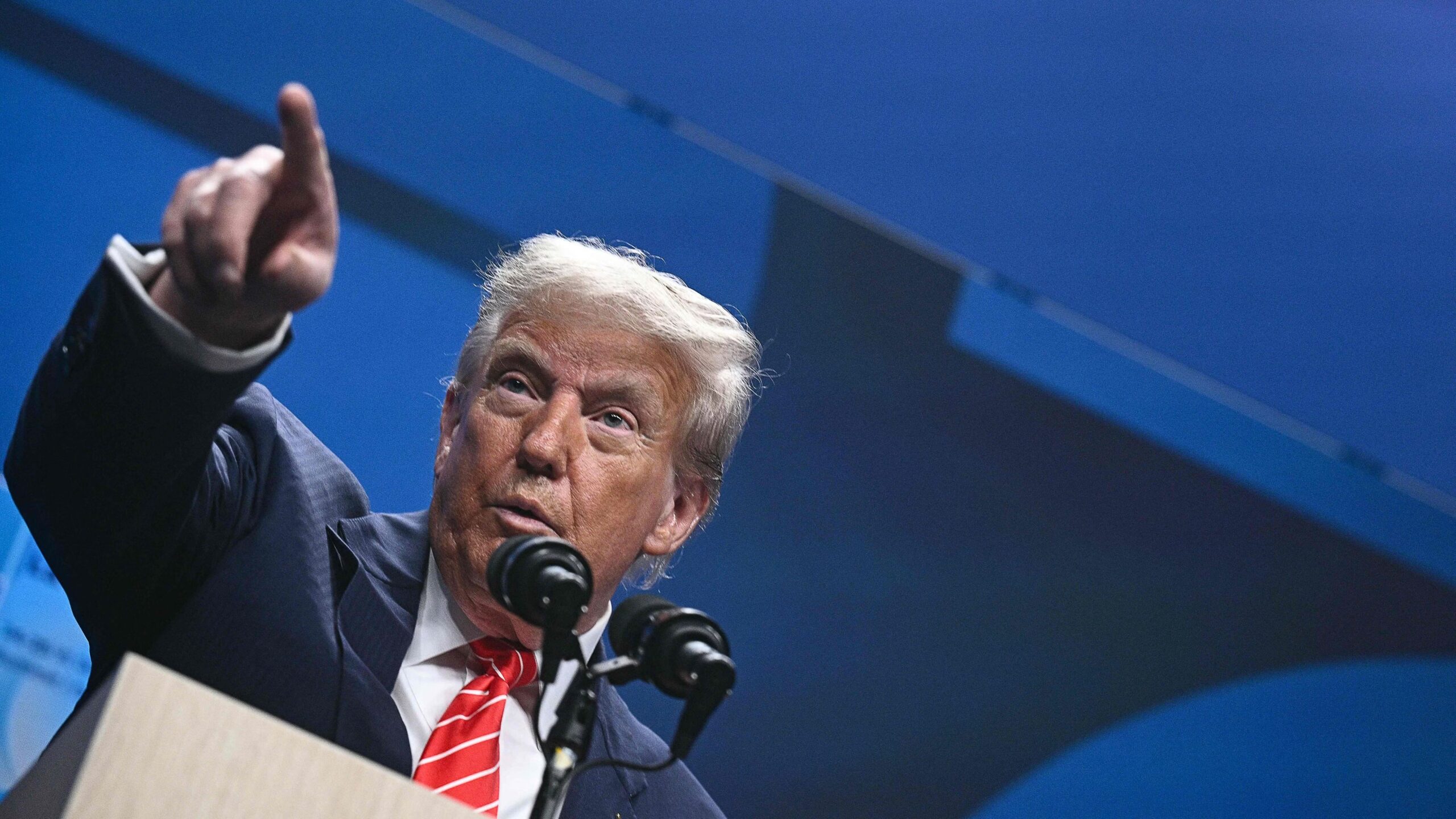
President Donald Trump announced on Monday that he would impose a 100% tariff on all foreign-made films. The president made the announcement in a post on his social media site, where he claimed that America’s movie-making business “has been stolen from the United States of America, by other Countries, just like stealing ‘candy from a baby.'” He stated that the new duty on imports would solve this “long time, never ending problem.” Trump had made an identical threat to tariff foreign-made films in May, but the White House quickly softened its tone and no action was taken at that time. It remains unclear what, if anything, is different about this new threat.
New Tariffs on Furniture Raise Questions
Separately, Trump wrote on Monday that he would be imposing “substantial Tariffs” on any country that does not make its furniture in the United States. This statement raises the question of whether Trump will go beyond the specific duties he announced last week, which included a 50% tariff on imports of kitchen and bathroom furnishings and a 30% tariff on upholstered furniture. Those product-specific tariffs were originally slated to take effect on October 1, but an executive order signed by Trump has since clarified that the new import taxes on furniture and wood will begin on October 14, and the rates for upholstered furniture and kitchen cabinets will increase in January 2026. The White House did not immediately respond to questions about Trump’s latest tariff threats.
Experts Warn of Unprecedented Challenges
Experts and trade analysts have expressed confusion about how a tariff on films, which are considered digitally delivered services rather than physical goods, could be implemented. As one expert noted, films are often complex international co-productions, and it would be “very messy, very quickly” to determine what constitutes an “insufficiently American” film. The move also appears to violate U.S. commitments under the General Agreement on Trade in Services (GATS) and could lead to reciprocal tariffs on American films, which generate over 70% of Hollywood’s total box office revenue from international markets. While Trump’s threats are aimed at protecting the domestic film industry, experts suggest they could have a devastating impact on Hollywood itself.
What The Author Thinks
President Trump’s tariff threats on films represent a new front in his cultural and economic policies. By targeting the movie industry, he is not just pushing a trade policy but is also tapping into a populist narrative about American cultural production being “stolen.” These threats, which are often made on social media without a clear legal basis, create a high degree of uncertainty for international businesses and are a key part of his strategy to use public pronouncements to shape policy and public opinion. This approach, while unorthodox, signals a new era where economic and cultural protectionism are inextricably linked, and it highlights the challenge of applying traditional trade rules to the borderless nature of digital services.
Featured image credit: Heute
For more stories like it, click the +Follow button at the top of this page to follow us.
